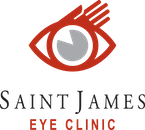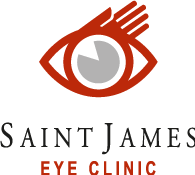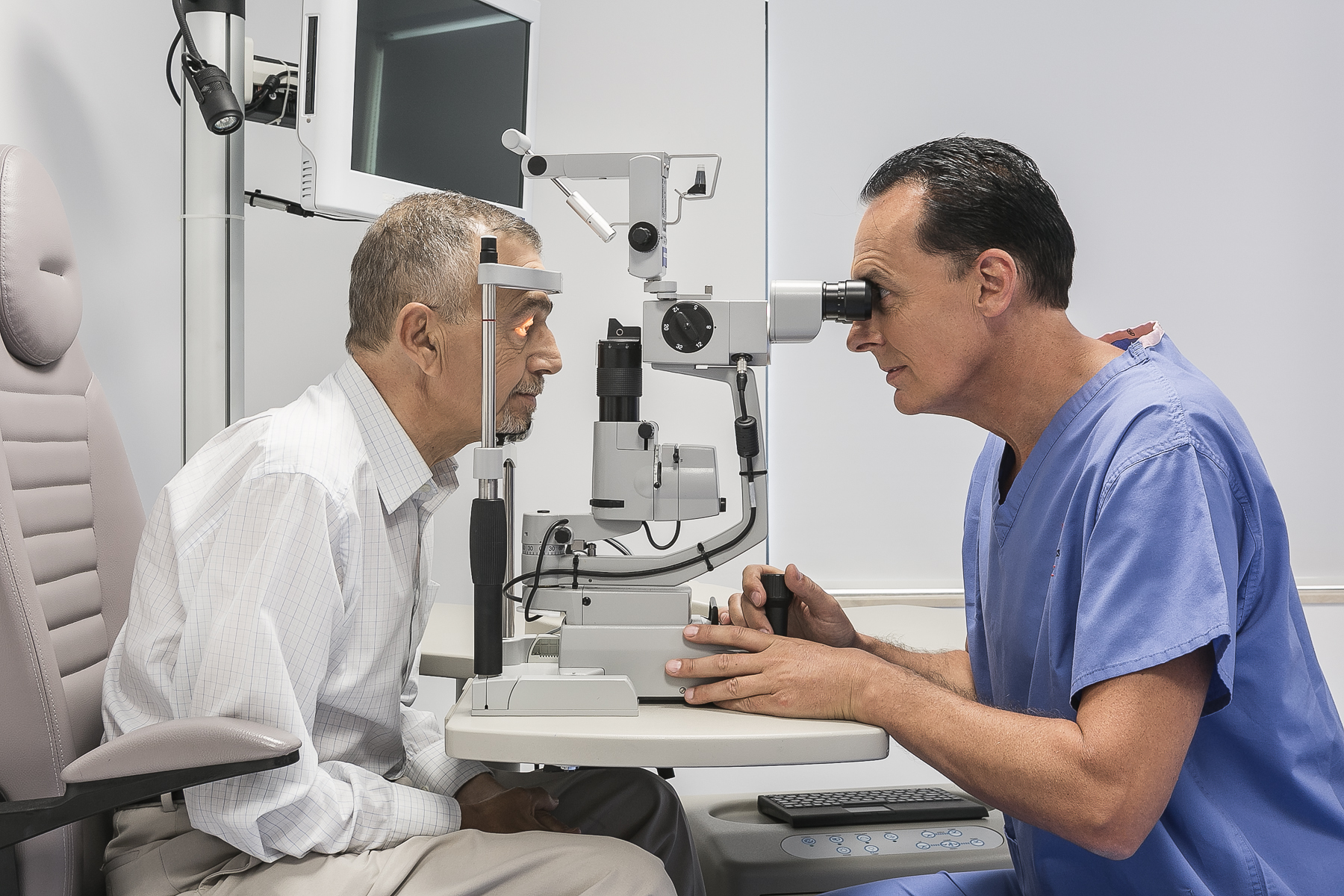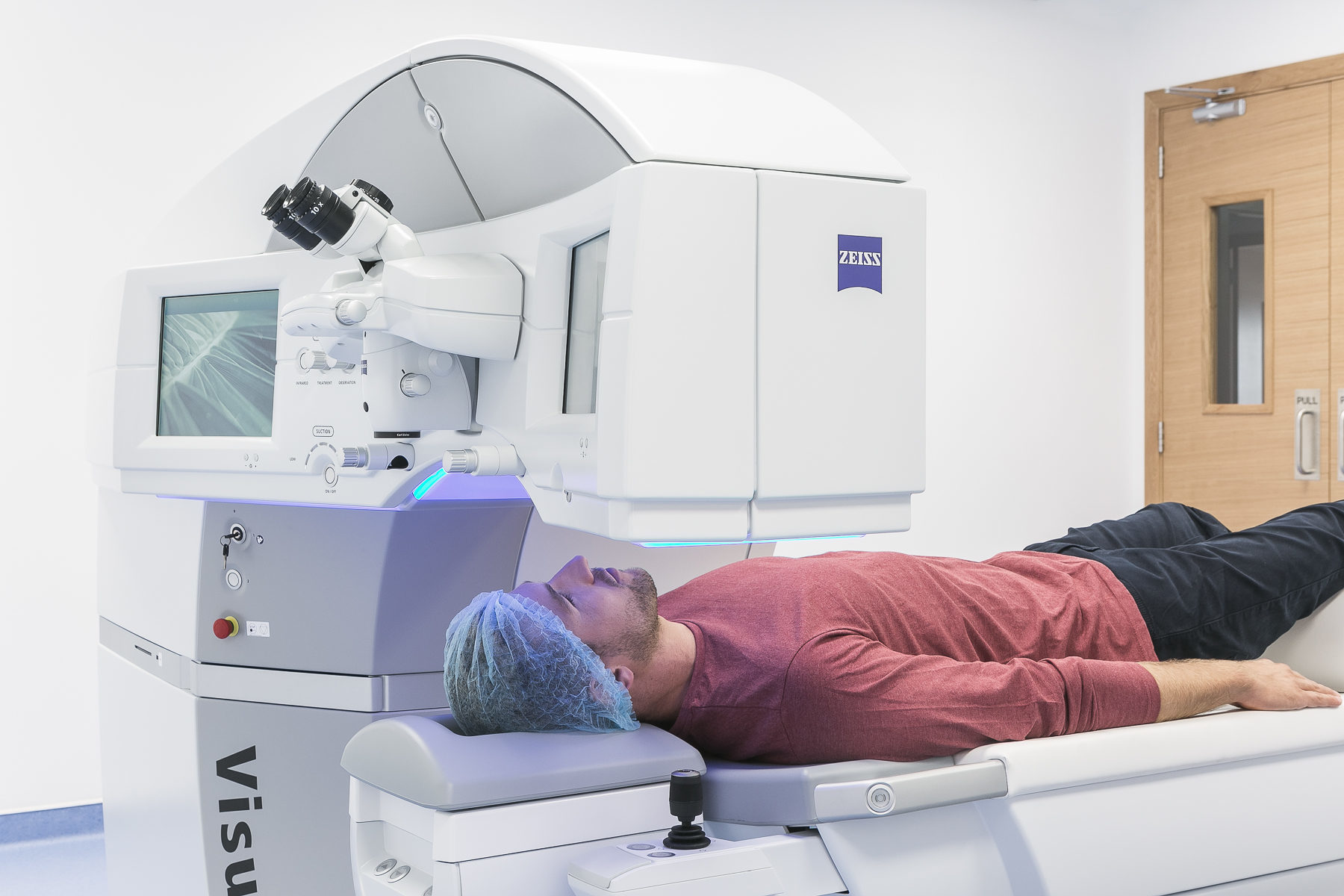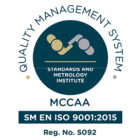You can continue to take most prescribed medication as normal, including up to and on the day of your operation. If you are taking blood thinning agents, please inform your surgeon. If you have a cough or heavy cold on the day of the surgery, your operation might need to be postponed.
- Please bring any medication you are taking with you to the clinic on the day of your operation so that the surgeon and nurses can check them out.
- Do not wear any make-up.
- Do not wear any perfume.
- Wear comfortable clothing.
- Bring a long sleeved cardigan.
In the clinic
You will be seen by your eye surgeon. Your eye surgeon will check and mark the eye that is being operated on and discuss the operation with you. You will be asked to sign a consent form and your forehead may be marked on the side of the eye to be operated on.
What happens next?
You may be asked to put on a hospital disposable gown. You will keep your own clothes on and you should wear comfortable clothing that is loose around the neck
Depending on the type of operation you are having the nurses may give you some eye drops. It is sensible to use the toilet before you go to the laser suite, so that you can lie still comfortably
The recovery area nurse will accompany you to the laser suite.
- Safety Checks – Nurses will ask you some questions to check who you are, and what operation you are having. They will check again with you which eye is being operated on and check your consent form. This is done to be in line with the latest guidelines issued by the World Health Organization, namely the Safe Surgery Checklist.
Can I have something to calm me down?
Our doctors and nurses are very used to helping people relax. Sedatives can sometimes make you very sleepy and slow your breathing during the operation. Please discuss your wishes with your eye surgeon.
What happens in the laser suite?
You will be made comfortable on the operating table and the nurse will then instil more eye drops which numb the eye. Your eye will be cleansed by a betadine solution to ensure there are no harmful microorganisms on the surrounding skin. You will not be allowed to touch your eye area after this.
